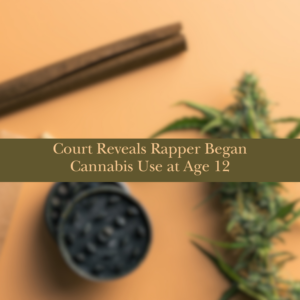Evaluating Equity: Washington State Cannabis Regulators Consider Licensing Changes

Encouraging Diversity Ownership in Cannabis Retail
The Washington State Liquor and Cannabis Board (WSLCB) is making strides in amending rules to foster diversity ownership in cannabis retail operations. The primary aim is to eliminate barriers to licensing, particularly those related to criminal history stemming from drug use or incarceration. These adjustments are geared towards promoting minority ownership in the cannabis industry.
Origins of the Cannabis Social Equity Program
The Cannabis Social Equity Program originated from a 2020 state law championed by former Seattle Democratic Rep. Eric Pettigrew. During a public hearing in February 2020, Pettigrew emphasized the potential for this measure to rectify disparities in wealth distribution, especially among individuals disproportionately affected by the war on drugs.
Proposed Changes to the Rubric
Recently, the WSLCB was briefed on proposed changes to the rubric used to score minority license applicants. These revisions aim to prioritize applicants most impacted by past drug-related convictions. Key changes include, Expanding consideration of drug convictions beyond cannabis-related offenses, Awarding points for applicants with family members convicted of drug offenses and eliminating categories related to family incarceration and housing barriers due to prior convictions.
Feedback and Future Steps
Feedback from previous applicants has been instrumental in shaping these proposed amendments. However, it’s essential to note that these changes are still under review and subject to further refinement. Aaron Washington, the program manager for social equity in cannabis, highlighted that only a fraction of applicants provided input, emphasizing the ongoing nature of the process.
Medical Cannabis Legislation Updates
In addition to social equity initiatives, the WSLCB discussed recent legislation concerning medical cannabis. Retailers will now be required to prominently display signage indicating hours when medical marijuana patients can consult with a cannabis expert. This measure aims to enhance accessibility and clarity for individuals seeking medical guidance.
As Washington State navigates the evolving landscape of cannabis regulation, initiatives like the Social Equity Program and updates to medical cannabis legislation underscore a commitment to equity, accessibility, and responsible regulation. With upcoming meetings slated to further refine these proposals, stakeholders remain engaged in shaping the future of cannabis policy in the state.











